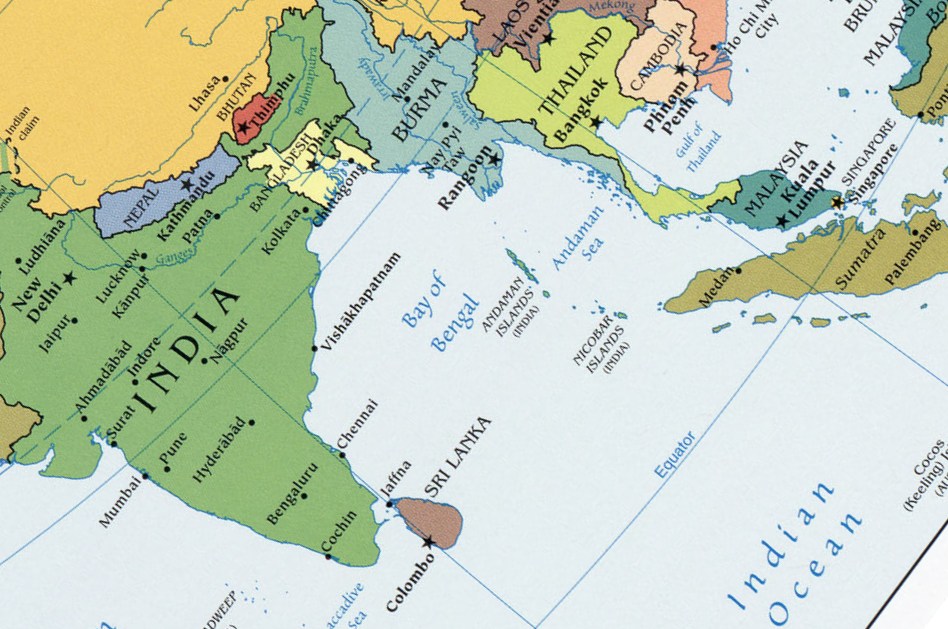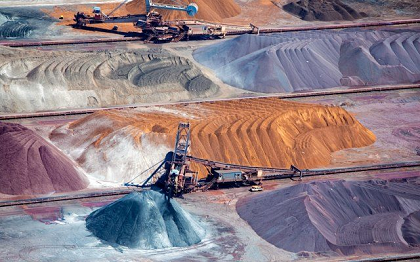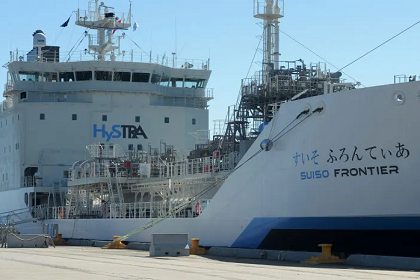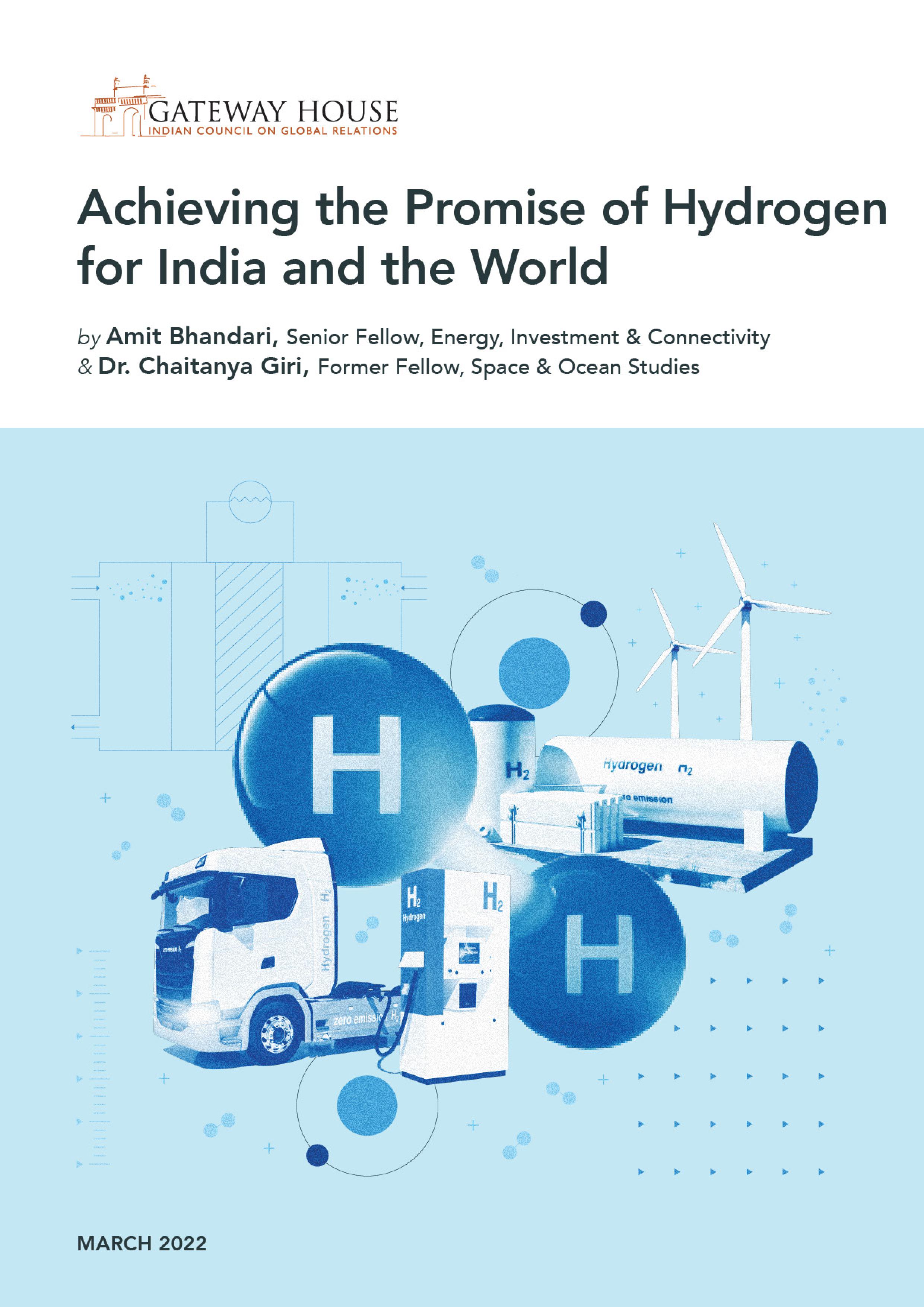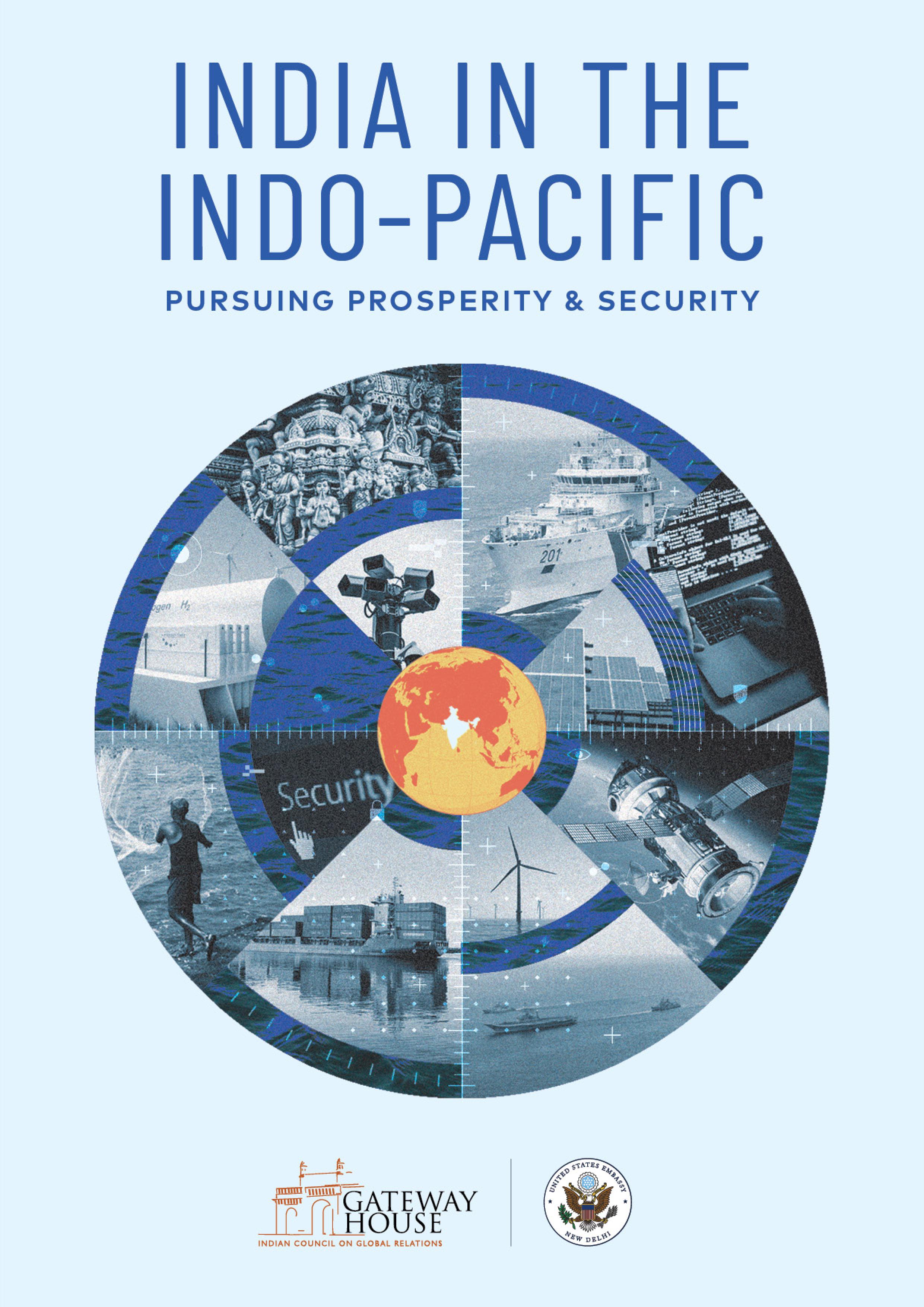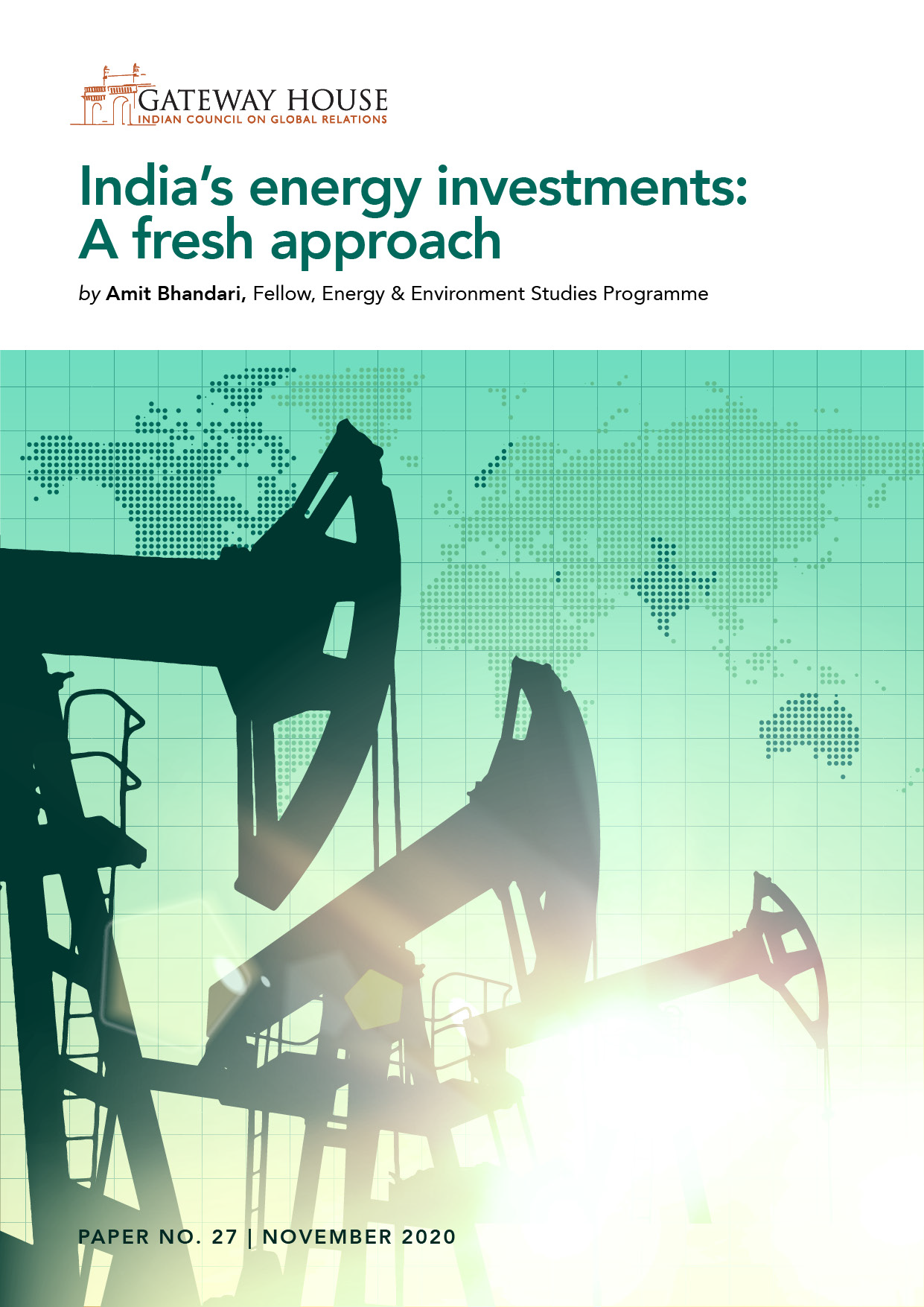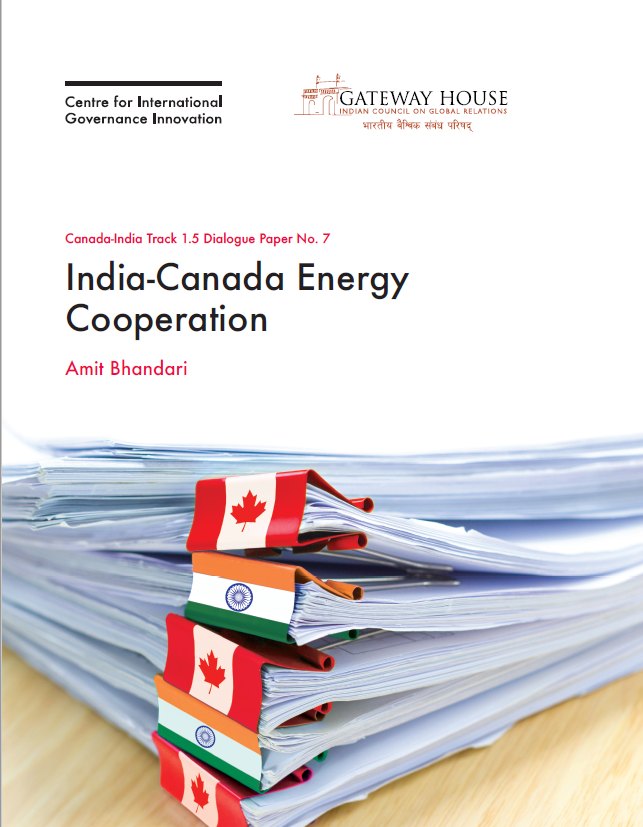The Great Supply Chain Shift from China to South Asia?
Supply chains are central to the new chapter of India-U.S. relations. Simultaneously, China-centric global supply chains, which underpinned East Asia’s prosperity, are changing as multinationals re-assess risks in the post-Covid era. Is the shift to India and the rest of South Asia occurring? This paper finds that South Asia supply chain pessimism could be changing, and India can spread gains through regionalising supply chains in its neighbourhood.


